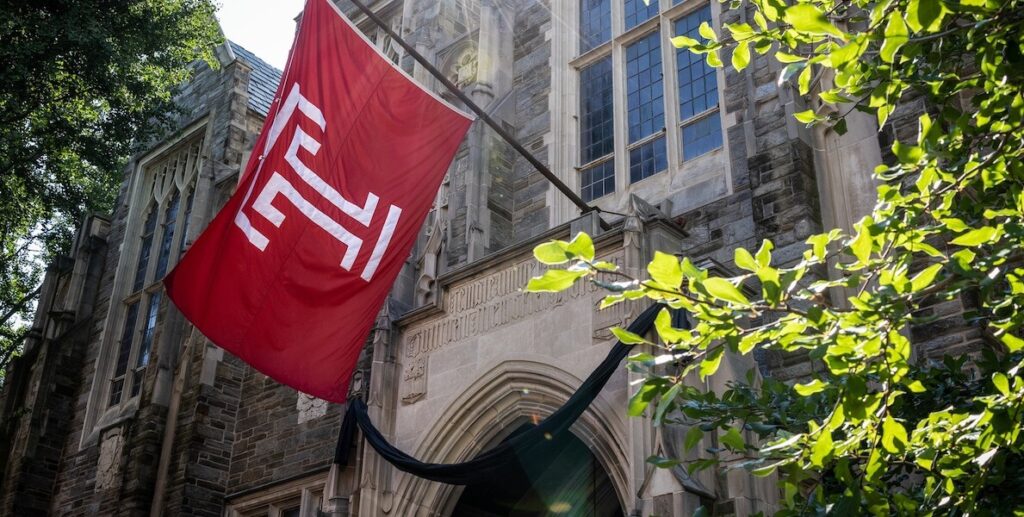Bret Perkins’ moving tribute to the late acting Temple University President JoAnne Epps in The Citizen last week should inspire his fellow Temple trustees. Perkins writes:
It was the little things. Everyone who knew her has a story about such a thing that JoAnne did that mattered to them. A call. A text to offer support or encouragement. JoAnne lived a life to aspire to. She cared deeply about people. About justice. About Temple. About Philadelphia.
For President Epps, there was no conflict between her being a first-rate legal scholar and an administrator who focused on human relationships. Valuing people — their growth and development — is what higher education should be all about. Not rankings in U.S. News and World Report. Not partnerships with big business.
I’ve written before about the need for Temple to forge strong connections with students, graduate assistants, faculty, staff, and the City of Philadelphia. The selection of Temple’s next president can herald the university’s leadership in transformational policies that all higher education should adopt.
It’s time for higher education to put people first
A renewed Temple University could lead the way in honoring teaching. Let me hasten to say, however, that university teaching must be integrated with research. Otherwise instructors would be bringing students yesterday’s news. Universities must remain places for the creation of new knowledge, not simply for its conveyance.
In fact, students at every level should be involved with faculty members in hands-on research projects as a high-impact basis of instruction. I’m opposed to separating “teaching faculty” from the always more prestigious “research faculty.” They should be one and the same. Too many universities have done themselves and the nation a disservice by assigning underpaid, overworked graduate students and contingent faculty members to teach key — and that means first-year — undergraduate courses. Temple included.
Higher education is notorious for growing its own problems. Research shows that Americans value good teaching. U.S. colleges and universities must show that they do, too.
Teaching is the primary relationship on campuses, but so many other important connections exist: advising, mental health counseling, faculty/staff relationships, union/administration interactions …
Southern New Hampshire University (SNHU) President Paul LeBlanc, in his book Broken: How Our Social Systems Are Failing Us, argues for putting “people back at the center of systems that ostensibly exist to serve them but so often fail them instead — often miserably so.” SNHU serves thousands of students remotely through quality internet courses. But those same students have real, live human advisors who connect with them weekly, as they do through Philadelphia’s College Together. That’s why SNHU works.
“Only connect,” exhorts E. M. Forster in Howard’s End. Temple University has the opportunity to create a living legacy for President JoAnne Epps. Beyond the appropriate gesture of adding her portrait to that of Temple’s preceding presidents, the trustees can select a leader who understands as she did that everything depends on putting people first.
What we can do
-
- Communicate with Temple trustees on the traits needed in the selection of the next president.
- Support colleges and universities that promote the integration of teaching and research — and Ph.D. programs that prepare faculty members who value the integration of teaching and research.
- Reject superficial indicators of prestige, like U.S. News and World Report. Help to redefine excellence in higher education.
- Encourage teaching/learning centers at colleges and universities.
Elaine Maimon, Ph.D., is an Advisor at the American Council on Education. She is the author of Leading Academic Change: Vision, Strategy, Transformation. Her long career in higher education has encompassed top executive positions at public universities as well as distinction as a scholar in rhetoric/composition. Her co-authored book, Writing In The Arts and Sciences, has been designated as a landmark text. She is a Distinguished Fellow of the Association for Writing Across the Curriculum. Follow @epmaimon on Twitter.
MORE ON LEADERSHIP AT TEMPLE UNIVERSITY

